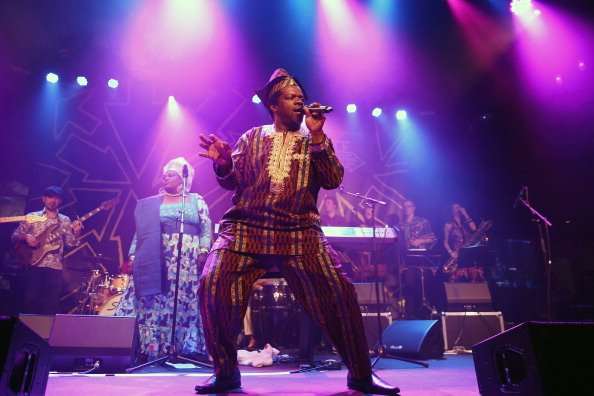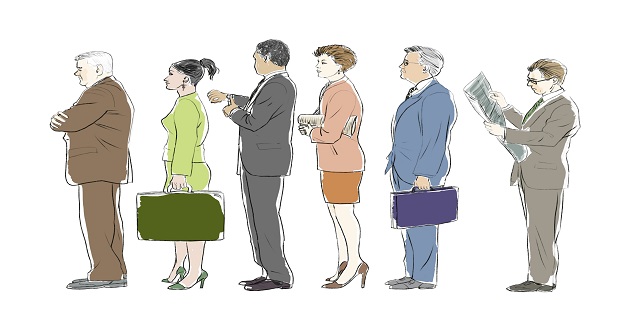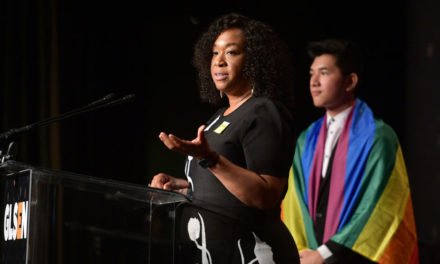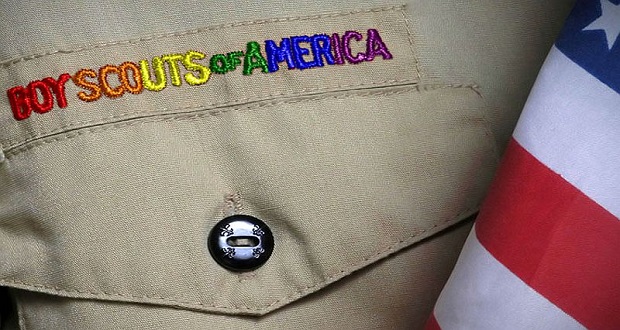
This week, Harvey Mason Jr., the CEO of the Recording Academy, announced that the Academy is considering giving Afrobeats its own category at the Grammys. After regular accusations of systemic racism informing award processes and decisions, this is an important step in the right direction. Mason shared, “my goal is to make sure we represent all genres of music including Afrobeats at the Grammys.”
The CEO of the Recording Academy announced the Academy is considering giving Afrobeats its own category at the Grammys. After regular accusations of systemic racism informing award decisions, this is an important step. Click To TweetThis announcement came several days after the Academy hosted a listening session with leaders and creators within the Afrobeats community. Mason explained: “We called in producers, songwriters, artists, executives and we had a virtual listening session where we heard from Afrobeats creators. [We] just talked about, ‘What are the different subgenres? What are the needs? What are the desires?’ ” This listening session also seems like a good way to approach ensuring a nuanced understanding of the experiences and perspectives of creators most impacted by the upcoming decisions … assuming it leads to confirming a new genre category.
Mason noted, “It has to be done properly. I don’t decide the categories. The categories are decided by proposals submitted by members. So the members can say, ‘Harvey, I want an Afrobeats category,’ they write a proposal, it comes into the academy, it gets voted on then we’ll have it.”
“The members” referred to are the members of the Recording Academy, whose votes (in)famously drive the annual award decisions. John Vilanova, a musical scholar, noted in 2016:
“Despite the fact that hip-hop is arguably the most popular music of our time, when it comes time for the ‘real awards,’ non-white artists are almost never recognized. In the last ten years, there have been seventeen nonwhite artists nominated for the Grammy Award for Album of the Year. Of those seventeen, the only winner was Herbie Hancock in 2008. His album was a collection of covers of songs by the white folk artist Joni Mitchell … When renowned creations by racialized artists are only honored in the categories coded black and systematically passed over time and time again for “mainstream” recognition, this belies an in-built bias that precludes nonwhite excellence from being considered on the same terms as white excellence …. That is a hegemonic racial caste system playing out in the way that it is designed to play out.”
Like many decision-making bodies, the Recording Academy has come under fire in recent years for failing to represent the demographics of key stakeholders — in this case, music creators and listeners. This year, the Academy ushered in almost 2,000 new members, seeking to diversify. Forty-four percent of the new members identified as people of color, including 25 percent as Black. With 33 percent self-identifying as white and 24 percent of the new members electing not to disclose their ethnicity, the demographic breakdown remains somewhat unclear, but we can hope that the increased diversity in membership will lead to changes in decision-making and disrupting anti-Black racism and associated harm the Recording Academy has historically perpetuated.
We can hope that the increased diversity in membership will lead to changes in decision-making and disrupting anti-Black racism and associated harm the Recording Academy has historically perpetuated. Click To TweetMason, who was appointed interim President and CEO of the Academy in 2020 and confirmed into the role permanently in 2021, has led the Academy to increased transparency and diversity of membership during his tenure. Only time will tell if the members welcome new genres like Afrobeats into the awards, and more broadly, award Black artists and creators the recognition they deserve and have been denied in other award categories.


















